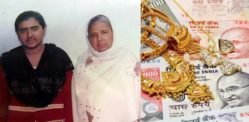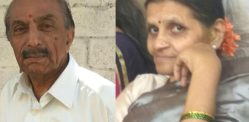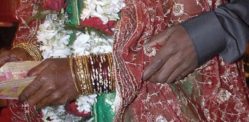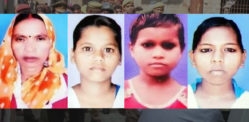"this was something that really aggravated me."
Following the publication of an industry report, UK broadcasters have vowed to avoid using the acronym BAME “wherever possible”.
The catch-all term for Black, Asian and Minority Ethnic (BAME) people will be ditched in favour of more specific terms to describe ethnicity.
The Sir Lenny Henry Centre for Media Diversity made the findings and they were welcomed by the BBC, ITV, Channel 4 and Channel 5.
Momentum has been building for BAME to drop out of official usage.
In a BBC Newsbeat article published in 2020, several said they would rather not be labelled as BAME.
Actress Nicole Miners said: “Being a British East Asian actor, or just a person, this was something that really aggravated me.
“The ‘A’ in ‘BAME’ means Asian, which, in itself, is a very broad term. Does it mean ‘South Asian’, ‘East Asian’, ‘South East Asian’, ‘Indian’, ‘Pakistani’, ‘Chinese’, ‘Thai’, ‘Vietnamese’? The list goes on.
“It misleads people into thinking that everyone who isn’t white English should come under the term BAME. And on top of that, I’m mixed, which, for me, is even more confusing.”
The report concluded there “was a lack of trust” around the term BAME.
The research included interviews with journalists, academics and focus groups.
It found that the collective term had been “used to hide failings in the representation of specific ethnic groups”.
The research recommended broadcasters drop the term in order to provide better representation and to boost diversity by acknowledging the unique experiences of people from different ethnic backgrounds.
The acronym may still be used in reported speech and official documents but will usually be accompanied by an explanation.
All broadcasters will move away from using the term in their newsrooms and corporate communications.
Indi Deol, Managing Director of DESIblitz.com, said:
“When it comes to EDI there are so many other areas that I feel need urgent attention like having more representation of females and Black and Asian people on boards, supporting our youth through teaching their colonial histories in the education system, and many more.
“BAME is a term that brings people together rather than separates us, if we look at the LGBT community, in recent years they have added I and Q to cater for other groups which were not included initially and I feel that we should take a similar approach if any at all.
“In short, I think as a community we have much bigger battles to fight than which acronym others decide to use for us.”
Miranda Wayland, BBC head of creative and workforce diversity and inclusion, said that “ensuring that the rich and complex lived experiences of individual ethnic groups are accurately reflected and truthfully portrayed on-air and properly recognised in our workplace” was part of the corporation’s ongoing commitment to diversity and inclusion.
Zaid Al-Qassab, Channel 4’s chief marketing officer and executive leader for inclusion and diversity, said:
“We welcome the desire within the industry to stop using such vague terminology.”
“In consultation with members of our employee rep group, The Collective, we’ve followed their recommendation to use the terminology ‘ethnically diverse’.”
Sarita Malik, Marcus Ryder, Stevie Marsden, Robert Lawson and Matt Gee, the authors of the report, said in a joint statement:
“We are very happy that British broadcasters are taking the issue of racial language seriously and were happy to undertake this piece of work.”






























































